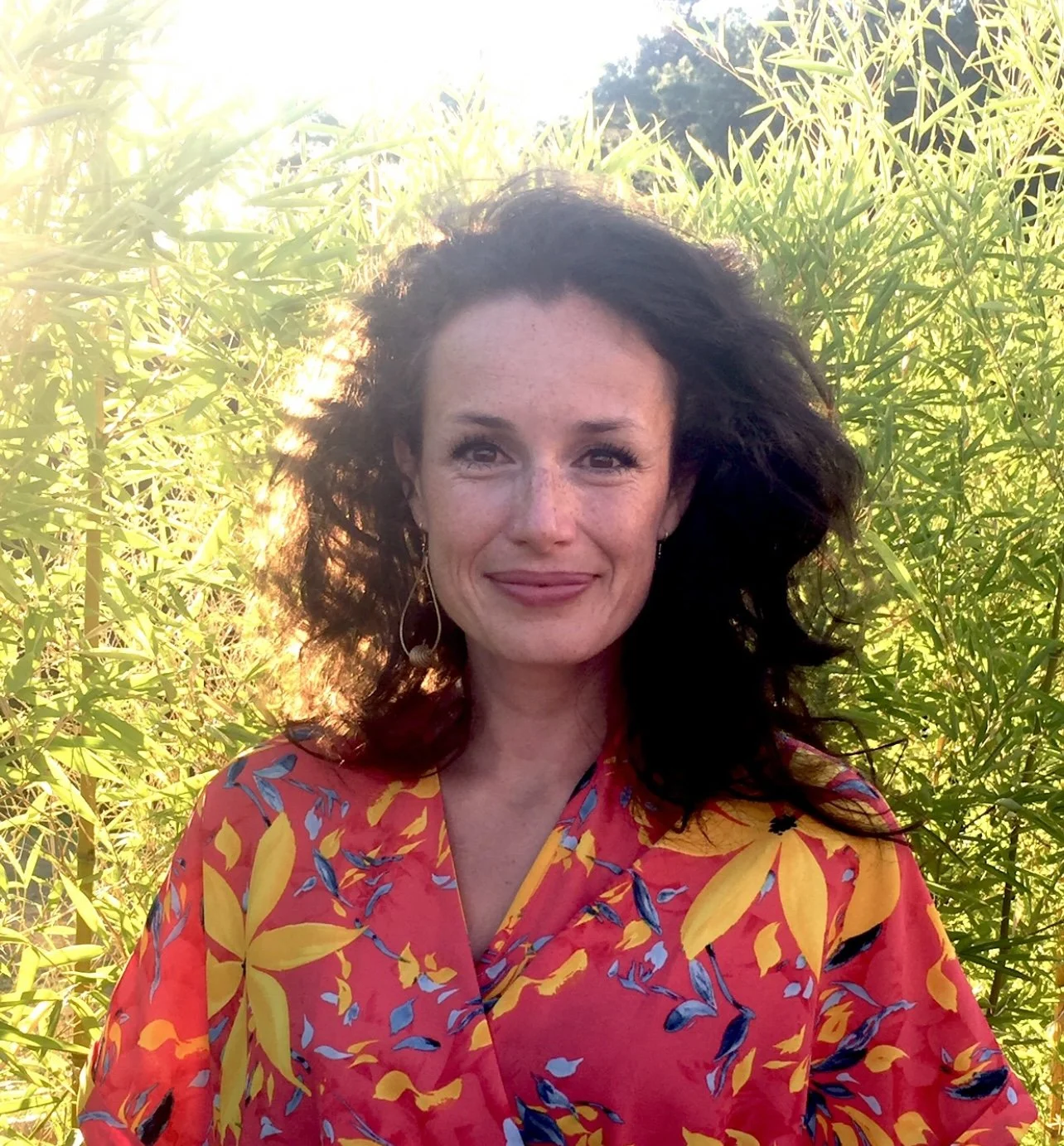Meet Our Speakers - Marie-Lara Hubert Chartier
Name: Marie-Lara Hubert Chartier
Title: Right to Food Specialist, FAO
Q: Can you tell us a little about your work as a lawyer specializing in human rights, and your focus on the Right to Food? How did you come to this specialisation?
I actually don't remember a time in my life where I did not feel profound consternation with the state of suffering in the world due to hunger. I always knew I would be dedicating my energy to the realisation of the right to food for all. As a teenager, I was reading books by Jean Ziegler, the first U.N. Special Rapporteur on the Right to Food. Realizing that hunger is actually man-made shook me to my core.
I studied law as one of the many avenues to foster a world of equality and non-discrimination. I began my career at McCarthy Tétrault in Montreal, surrounded by inspiring professionals. Later, I booked a one-way ticket to Rome, home to the Food and Agriculture Organization (FAO), and I took part in negotiations at the Committee on World Food Security (CFS). From there, I entered the international development arena with various U.N. agencies and the African Development Bank.
I now work with a fantastic team in the FAO Right to Food Team, which focuses on increasing awareness and capacity building among policymakers and all actors on integrating human rights principles into agrifood systems transformation to ensure food security and nutrition for all. Recently, I was humbled to meet Christophe Golay, who works closely with Jean Ziegler. Some people really do influence your path in such a beautiful and significant way.
Q: In what ways does articulating a 'Right to Food' as a human right guide the design of policies and programmes aimed at addressing food insecurity?
The "Right to Food" is a human right and an entitlement that belongs to everyone, ensuring our right to feed ourselves in dignity. This concept of dignity is crucial, placing people at the centre of discussions and processes. Human rights are universal, interdependent, inalienable, and indivisible, meaning that the right to food is essential for the enjoyment of all human rights, including the right to an adequate standard of living, a clean, healthy and sustainable environment, water, housing, health, and life itself. The right to food must be enjoyed without discrimination and emphasize inclusive, meaningful participatory decision-making processes empowering those affected.
In practical terms, the right to food is defined by four core components: availability, adequacy, accessibility, and sustainability. Food must be available, either directly through access to resources like land and water, or through well-functioning markets; it must be adequate, meeting dietary needs, being safe, and culturally acceptable. Accessibility entails that people have both the financial means to buy suitable food and physical access, without discrimination and at all times—even in conflict situations. Sustainability means that food systems protect ecosystems and resources for present and future generations.
Q: How does this apply in practice?
In practice, the Right to Food is both a legal obligation under international human rights law and a dynamic and holistic framework. It can be implemented through constitutions, legislation, policies, or as a tool for communities to advocate for their entitlement. This framework unites diverse actors, calls for collective action and international cooperation, and is essential to foster social inclusion, addressing inequalities, and empowering marginalized communities to demand that their right to food is respected.
Q: Can you give us a hint of some of the key points you’ll be discussing at the conference?
This year’s conference is focused on Food in the City. A recent report from the High Level Panel of Experts on Food Security and Nutrition revealed that over three quarters of the world's food insecure population live in urban and peri-urban areas. With 80% of the global population residing in urban spaces, civil society is calling for decentralized food systems and local initiatives, such as food councils, which are gaining momentum. Our policy guidelines and national frameworks need to be adapted to meet the needs of local governments and actors, and tools need to be adapted to meet the unique demands of their context. To realize the Right to Food in cities, we must focus on affordability, quality, diversity, and address the impact of corporate concentration in food retailing. This conversation is just beginning, and I encourage everyone to contact us so we can coordinate our efforts on this important conversation.
Q: For young people who are passionate about human rights, particularly food security, what advice would you offer for getting involved and making a meaningful contribution?
Youth are incredibly creative and articulate, challenging the status quo and demanding urgent changes. My advice is to take action and engage with local organisations, producers, artists, community leaders, and grassroots initiatives. I also encourage you to look out for spaces called Refettorios, which are community hubs designed to inspire and empower human potential, as well as foster economic growth and healthier, more equitable food systems. Initiated by an Italian chef and food systems activist and his wife, these spaces have now grown into a global movement.
Marie-Lara Hubert Chartier will be presenting on the panel titled “Sécurité alimentaire et droits socioéconomiques”, scheduled for November 15, 2024 at 10:30am.
